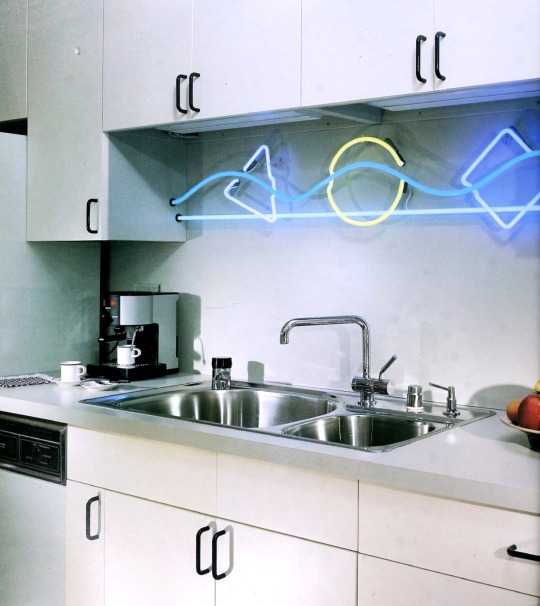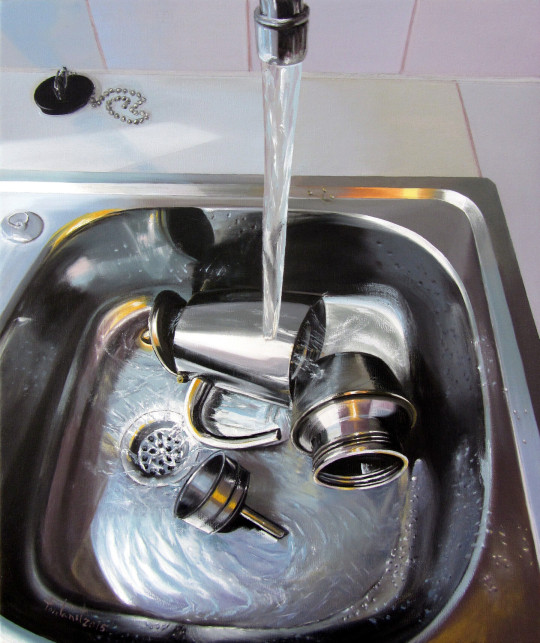#Coffee maker
Explore tagged Tumblr posts
Text

534 notes
·
View notes
Text

Designing with Light (1991)
1K notes
·
View notes
Photo

~ Brown and Silver ~
133 notes
·
View notes
Text

Just sipping away ....
#coffee cup#coffee coffee coffee#coffee culture#coffetime#coffeshop#coffee moodboard#coffee maker#coffee mug#coffee photography#coffee please#beverage#coffee#toya's tales#style#toyastales#toyas tales#kitchen#home#december#fall#winter#drink up#wake up#caffeine#caffinated#blue#hot coffee#breakfast#brunch#foodporn
299 notes
·
View notes
Text

#coffee maker#coffee mug#coffee cup#coffee#heart#coffee beans#coffee blog#coffee break#coffee brewing#latte#latte art#love#beautiful#pink#divine feminine#home & lifestyle#adorable#pink coquette#pink aesthetic#pink obsessed#pink heart#pink tumblr#pinkcore#pink blog#pink hair#soft#aesthetic#softcore#girly aesthetic#just girly posts
122 notes
·
View notes
Text

Stay cozy.
@soft-homestyle
#soft homestyle#interior design#interior decor#interior decorating#interior#interiors#decorating#decor#home interior#home#home decor#home design#home & lifestyle#cozy aesthetic#cozy vibes#cozy#coffee maker#coffee bar#coffee#kitchen design#kitchen renovation#kitchen cabinets#kitchen#jean stoffer#jean stoffer design#jean stoffer interiors#jean stoffer interior design
125 notes
·
View notes
Text


An Art Deco Coffee Maker
94 notes
·
View notes
Text

"PUT THAT COFFEE DOWN!"
#collecting#collectibles#coffee pot#coffee mug#coffee time#cafe#cafe aesthetic#coffee machine#antique#coffee maker#coffee#espresso#french press#cafe latte#french drip#cappuccino#flat white#latte art#latte#put that coffee down
77 notes
·
View notes
Text

22 notes
·
View notes
Text

So it’s NOT a medical device or a instrument of torture? Can it be? I’m asking for a friend. Well not a friend per se, at least not after tonight, for sure.
Sunset The Magazine of Western Living - November 1951
#1951#coffee maker#coffee#vintage ads#vintage ad#advertising#advertisement#1950s#1950s ad#1950's#1950's ad#funny#humor#humour
23 notes
·
View notes
Photo

Sink , Coffee maker - Josep M. Fontanet , 2014.
Catalan, b. 1955 -
Oil on canvas , 55 x 46 cm ,
440 notes
·
View notes
Text

HE HAS MY NAME, I JUST HAD TO-
pose IS referenced from official art!! (not traced though. also, colors are not colorpicked either cuz the reference was on another device than the one i was using to draw)
#furry#furry art#sparklecare#digital art#sparklecare hospital#art#finnegan#sparklecare fanart#SparkleCare finn#finnegan fevers#beaver#coffee maker#iartbook#why so silly#boy why you so ourple
87 notes
·
View notes
Text

Coffee
#caffiene#energy drink#beverage#food and beverages#food and drink#java#toya's tales#style#toyastales#toyas tales#summer#september#kitchen#brewing#coffetime#coffee moodboard#coffee#coffee maker#coffee mug#coffee nerd#coffee break#coffee vibes#coffee cup#coffee creamer#coffee coffee coffee#coffee culture
137 notes
·
View notes


